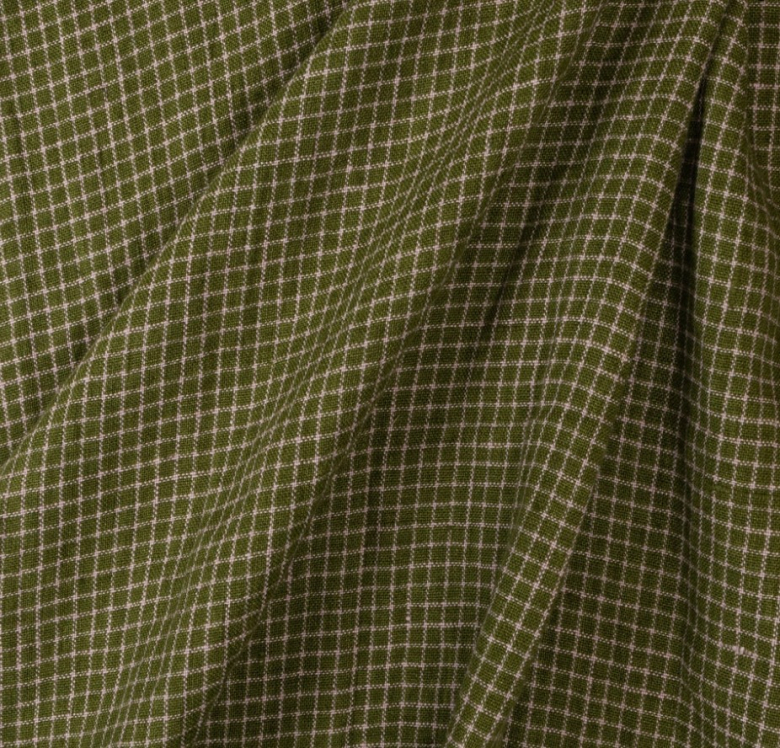Merchant & Mills
58"
100% Linen
European laundered linen, tumbled at the mill for softness. This linen is yarn dyed, meaning the yarns are dyed before being woven. Suitable for statement dresses, tops, and slouchy jackets. If you are using this linen for curtains we recommend using a lining to prevent fading.
It is produced in small batches in Eastern Europe where there is a strong heritage of spinning and weaving linen fabric. Made by a mill who uses electricity supplied solely from renewable energy sources and OEKO Tex certified.
Weight: 5.9 oz/sq yard
Care: Machine wash cold on gentle cycle. Do not tumble, shake out and dry flat. Linen will always seize up after washing but as soon as you start to use/wear it the fibers will relax again. Never dry linen in direct sunlight as the color can bleach and fade.
More about linen:
Linen is naturally stain resistant, does not pile, and is moth repellent. It is easy to wash as it can sustain high temperatures, is has very little if no shrinkage and is very strong.
It is anti-bacterial, anti-fungal, hypo allergenic and thermoregulating, it will also absorb up 20% moisture before feeling damp.
As the linen fibers have low elasticity (which causes it to crease) it will wear in any areas that are repeatedly folded in the same place for a long time, however it does have much better abrasion resistance than say cotton.
Eco Credentials:
Flax is a strong plant best grown in northern Europe. It needs little or no fertilizers and due to the local climate, little extra water. It doesn’t really require many pesticides either as it can grow in poor quality soil. The Advisory Commission Report to the European Parliament stated that flax cultivation has positive effects on eco-system diversity as it allows for an “environmental pause”. One hectare of flax can retain 3.7 tonnes of CO2. Every part of the plant is used, what isn’t used to produce linen can be used to make linseed oil, paper, cattle feed or even soap.
Linen is therefore almost naturally organic. It is completely biodegradable, recyclable and due to its natural absorbency, it requires less dye than cotton. Linen therefore scores high on the ecological chart.
